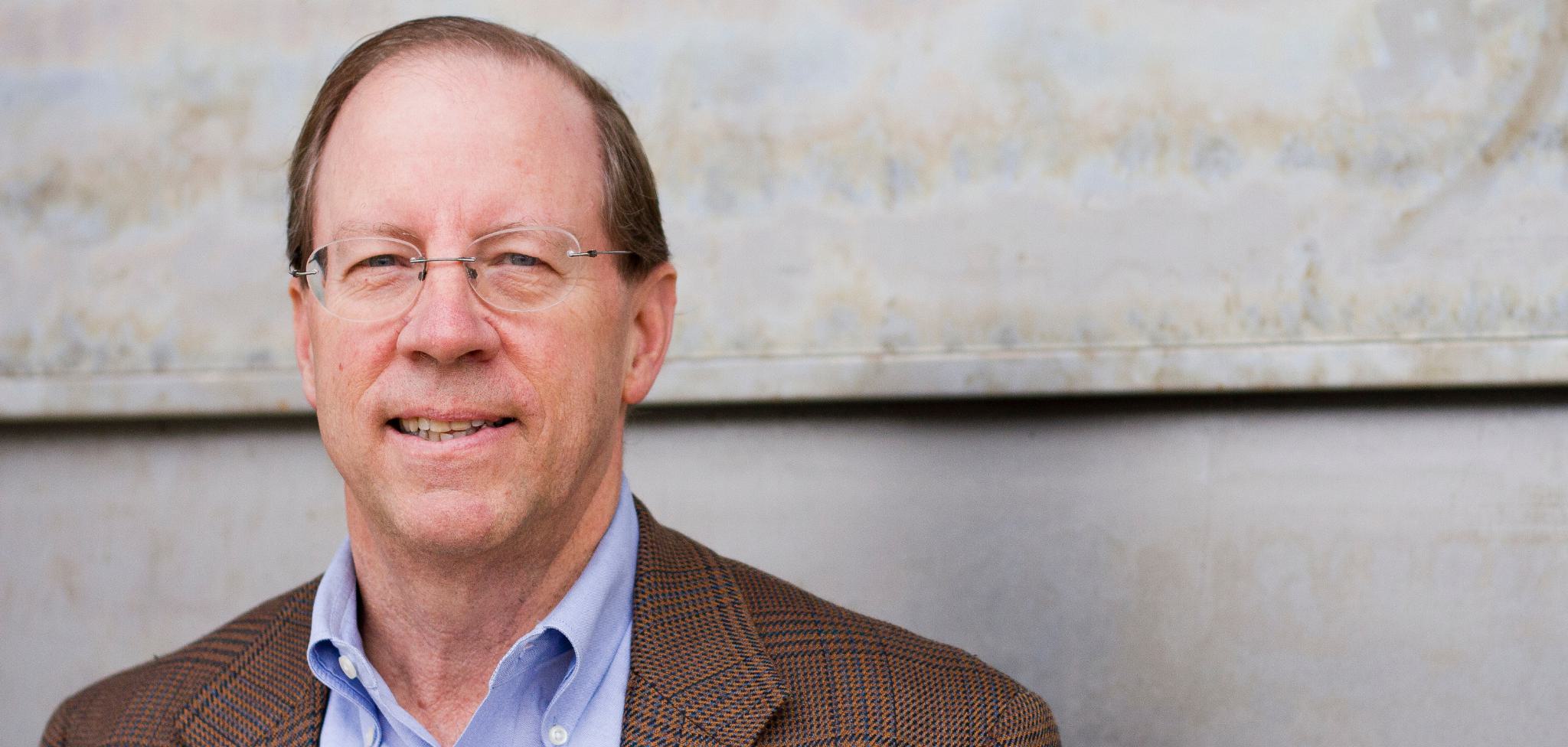After writing a blog on the “The Loneliness Epidemic, ” a friend sent me a sketch from “Saturday Night Live.” The sketch refers to studies concluding that males in America are increasingly friendless. In the sketch, a young woman, frustrated by her boyfriend’s inability to open up to anyone else, takes him by the hand and leads him to a “man park” (like the dog version) where, after a shy start, he finds fellow males to make friends with. Some viewers disliked the likening of men to dogs, but the sketch, which went viral online, illustrates fresh concerns about an old worry: the loneliness of American men.
I was reminded of an incident in the life of author and speaker Gordon MacDonald. He spent a day addressing a group of 50 nuclear scientists. These were all men who had multiple Ph.D. degrees from MIT. They had been involved in nuclear submarines and now were consulting with nuclear power plants around the world. In the first hour of his presentation, he made the comment that mid-life men are terribly lonely. One of the men in the audience raised his hand and asked, “Mr. MacDonald, can you tell us why we are lonely?” Mr. MacDonald made a few comments on the need for intimacy and friendship. Then another man raised his hand and asked, “Can you tell us how to make a friend?” McDonald thought to himself, “I am being asked one of the most simple questions in life by some of the most brilliant people in the land; Men who have had their fingers on nuclear missiles the past 10 years.” For the next 2 hours, MacDonald said they were totally captivated as he spoke on how to find intimacy. They each acknowledged they were terribly lonely.
Armond Nicholi, Jr., in his book, The Question of God, tells about C. S. Lewis’ view of friendship. Lewis, for years an atheist, had a very pessimistic view of life and had no friends. As a Christian, his view of life and relationships was transformed. As Nicholi put it, nothing brought Lewis more enjoyment than sitting around a fire with a group of close friends engaged in good discussion or talking during long walks through the English countryside.
“My happiest hours,” Lewis wrote, “are spent with three or four old friends in old clothes tramping together and putting up in small pubs – or else sitting up ‘til the small hours in someone’s college rooms, talking nonsense, poetry, theology, metaphysics … There’s no sound I like better than … laughter.”
In another letter to his good friend, Greeves, Lewis writes, “Friendship is the greatest of worldly goods. Certainly, to me, it is the chief happiness of life. If I had to give a piece of advice to a young man about a place to live, I think I should say, ‘sacrifice almost everything you have to live where you can be near your friends.’" Lewis changed from a wary introvert with very few close relationships to a personable extrovert with scores of close friends and colleagues. George Sayer, a biographer who knew Lewis for some thirty years, and Owen Barfield, a close friend for over forty years, described Lewis after his conversion: “He was unusually cheerful, and took an almost boyish delight” in life. [They] describe him as “great fun, an extremely witty and amusing companion . . . considerate . . . more concerned with the welfare of his friends than with himself.”
I think Lewis recognized that without great friendships, life is virtually bankrupt. I humbly say that God has blessed me with many friends. Friends from as far back as high school to newer friends I have made over the years. It strikes me that really good friendships have to be deliberately pursued and forged over time. The building of a good friendship requires effort. And when we are willing to come out of hiding, be vulnerable, and be willing to share our secrets with a close friend or two, these friendships deepen. It seems that the power to honor the truth and speak the truth openly is at the heart of a healthy, authentic man.
Richard E. Simmons III is the founding director of The Center for Executive Leadership, a faith-based ministry in Birmingham, Alabama focused on counseling businessmen and professionals. His column appears every weekend in 1819 News. Richard is the best-selling author of The True Measure of a Man, Reliable Truth, and The Power of a Humble Life. His newest book, an Amazon best-seller, is Reflections on the Existence of God – a series of short essays seeking to answer life’s most enduring question: Does God exist? You can find Richard's weekly blog, podcast, and more at richardesimmons3.com. The views and opinions expressed here are those of the author and do not necessarily reflect the policy or position of 1819 News. To comment, please send an email with your name and contact information to Commentary@1819News.com










